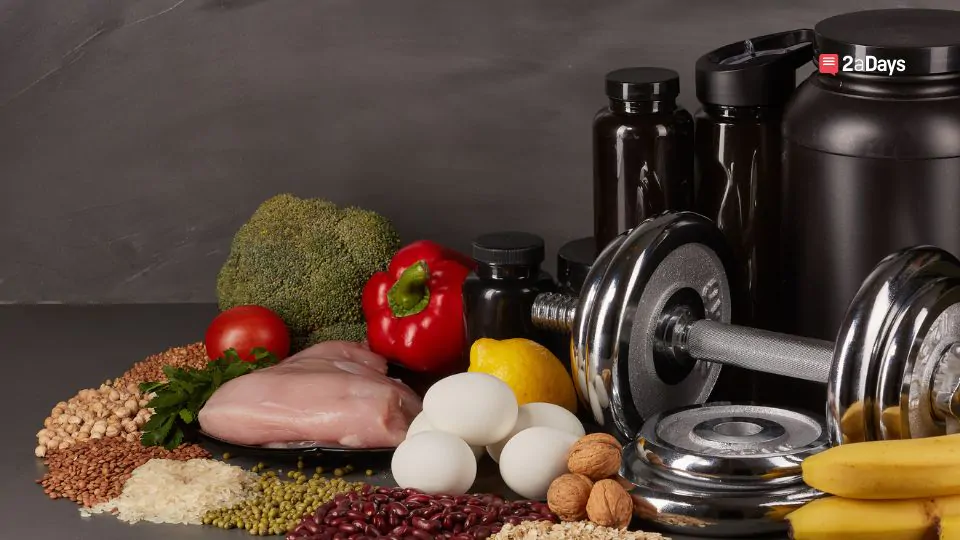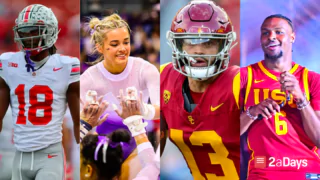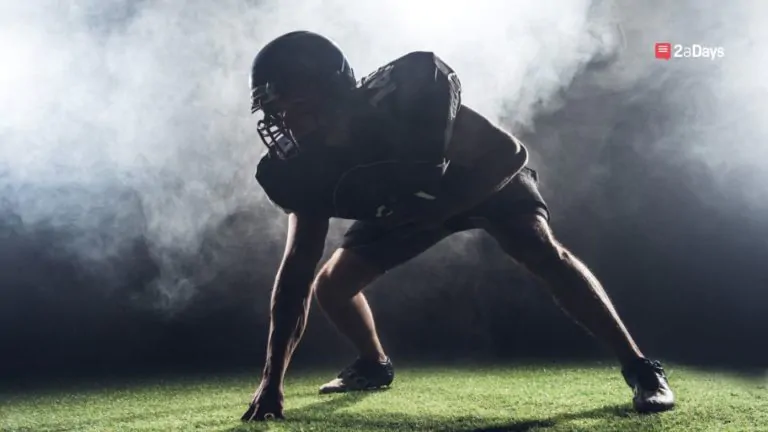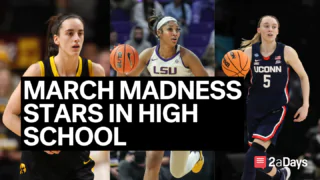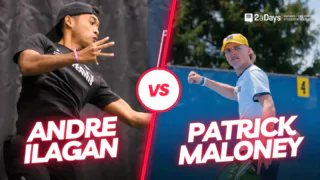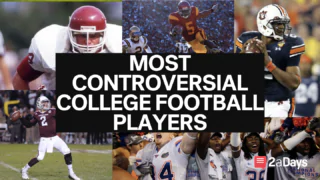Jaymin McJimpson is a credentialed Registered Dietitian (RD) and an active member of the Collegiate & Professional Sports Dietitians Association (CPSDA). McJimpson began his career as a Sports Dietitian at USC Athletics in January 2021, working with the basketball, volleyball, and beach volleyball programs. In 2019, he received his bachelor's degree in Nutrition and Dietetics at California State University, Northridge. After receiving his bachelor's degree, he interned at the sports nutrition department for one year. In 2021, he completed a master's degree in Nutrition and Human Performance from Logan University. Before landing at USC, he interned with UCLA athletics where he worked with their basketball program for 2 seasons.
We sat down with McJimpson to see how college athletes could put his expertise and experience to work in their lives (and on their plates!). Here are his top nutrition tips.
Do you find that college athletes have a general understanding of nutrition?
In my experience, most college athletes have an idea of what a “healthy” diet is but do not know how to apply it. Their knowledge varies based on the athletes' demographics. For example, an athlete who comes from a lower income family may have a different perspective of what good nutrition is whereas an athlete who comes from a more affluent family may have a better understanding of nutrition.
Related: Rate the University of Southern California
What are a few differences of nutritional needs between a college athlete and an average person?
A college athlete will require much more calories than an average person due to the high demand of their sport, the time spent traveling, studying, and social activities. The main source of energy for performance is carbohydrates. Therefore, athletes require much more from a variety of sources to compete in their sport and classroom. Depending on the activity level of the average person, they would require much less.
What are some good pre and post-work out snacks?
Pre-workout snack: Anything rich in carbohydrates and easily digested. Example: toast w/ nut butter, banana, and honey.
Post-workout snack: Rich in carbohydrates and protein. We are looking to aim for a 3:1 ratio [of carbs to protein] to ensure glycogen stores are replenished after a tough workout. An example would be a smoothie with milk, ½ cup strawberry, ½ banana, and whey protein.
Related: 3 Grab-and-Go Protein Drinks for Athletes
Do you have any advice to athletes that may be struggling with proper nutrition?
Most college athletes struggle with eating enough to support their high energy demand. My best advice would be to set an alarm every 2-3 hours and aim to get a carb and protein source in.
Have a story idea or know an awesome athlete/coach we should interview? Email us at [email protected]
* Originally published on December 9, 2022, by Kelly Wick
